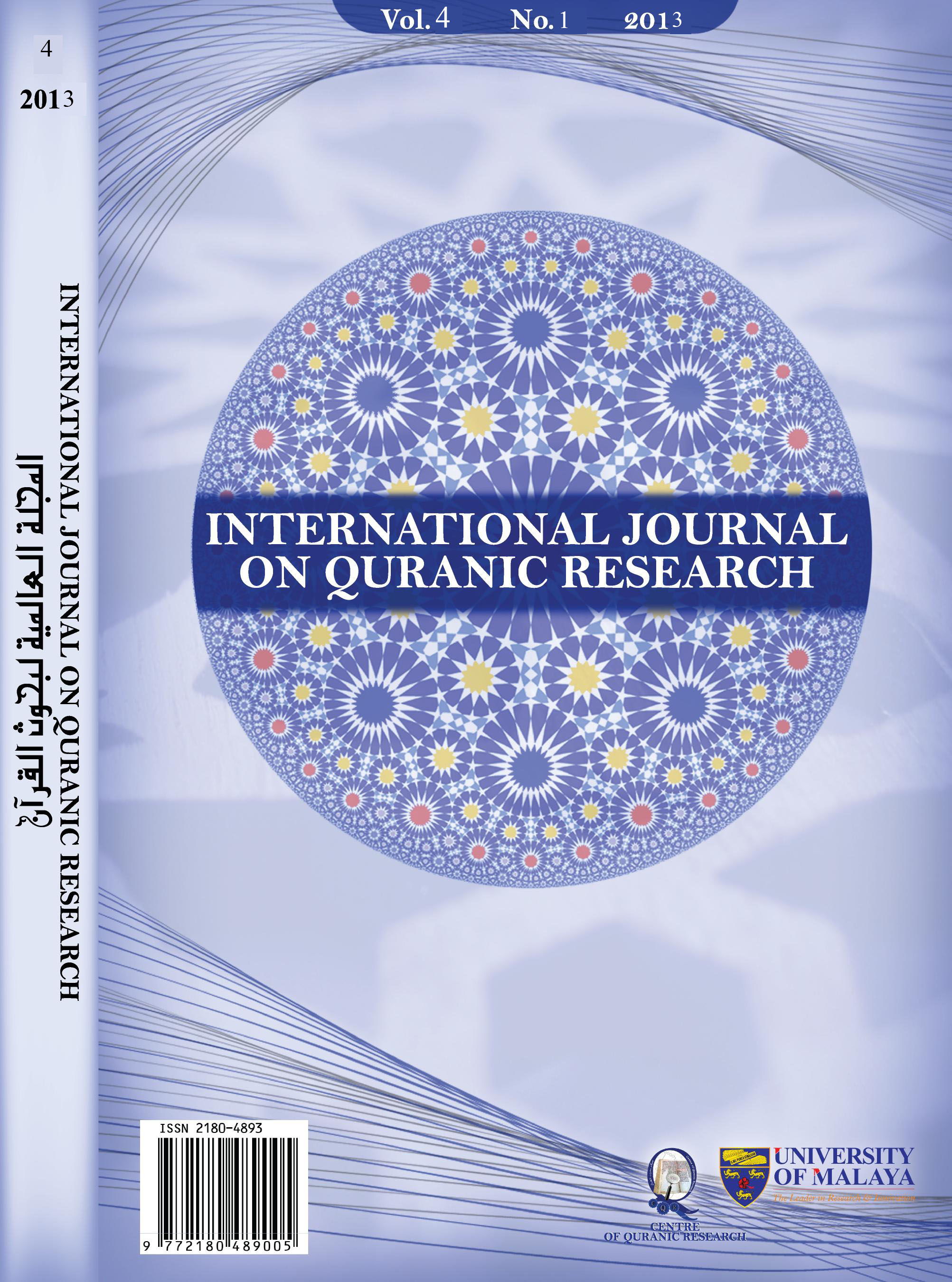Strategies for Collecting Electronic Resources on the Qur'anic Researches
Main Article Content
Abstract
Electronic dissemination of digital information has benefited from recent advancements in Information and Communication Technologies (ICTs) and dissemination of Islamic digital content in different formats has taken advantage of this rapid progress in technology. Information is available in many formats and on many different applications and devices. However, the online availability of such resources on Qur’an and its sciences is very limited. In this work, digital Qur’an resources available from authentic sources will be used to formulate strategies on how to extract, format, present and make these resources available for researchers in a centralized knowledgebase. The methodology starts with collecting these authentic electronic Islamic resources. Next, resources are classified into their main categories, sub-categories and related categories. Then, the list of metadata for each type of resource is developed. Following this, strategies for efficient dissemination for the different types of digital resources are developed; depending on the format of the files, the metadata is extracted automatically, if possible, otherwise data is entered manually into the knowledgebase. Therefore, the manual entry of data into the knowledgebase for resources having poor or lacking metadata would efficiently help researchers to easily locate the resources they are searching for. Developing these strategies for each type of format could efficiently help in the search process. From the data collected so far, the amount of data gathered shows that books contribute to the highest number of resources available in this area followed by post graduate dissertations, conference papers and journal papers respectively. Finally, efficient dissemination of electronic information will help researchers access, explore and disseminate quality research in Qur’anic studies.
Downloads
Article Details
Disclaimer
QURANICA makes every effort to ensure the accuracy of all its contents. However, opinions, discussions, views and recommendations are expressed in this journal do not necessarily reflect the official policy of QURANICA or views of its editors or publishers. Therefore, QURANICA and its publishers will not be liable for any controversy may be arisen. The journal reserves the right, at its sole discretion, to change its terms and conditions of publications.
Copyright
It is a condition of publication that manuscript submitted to the journal have not been published, accepted for publication, nor simultaneously submitted for publication elsewhere. By submitting a manuscript, the author(s) agrees that copyright for the article is transferred to the publisher, if and when the manuscript is accepted for publication.
